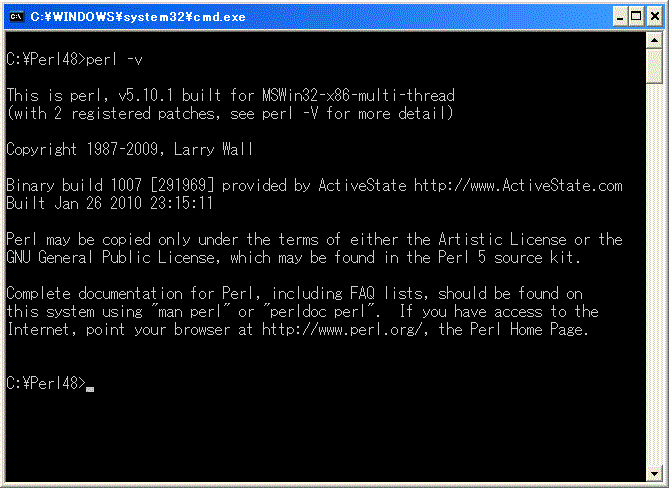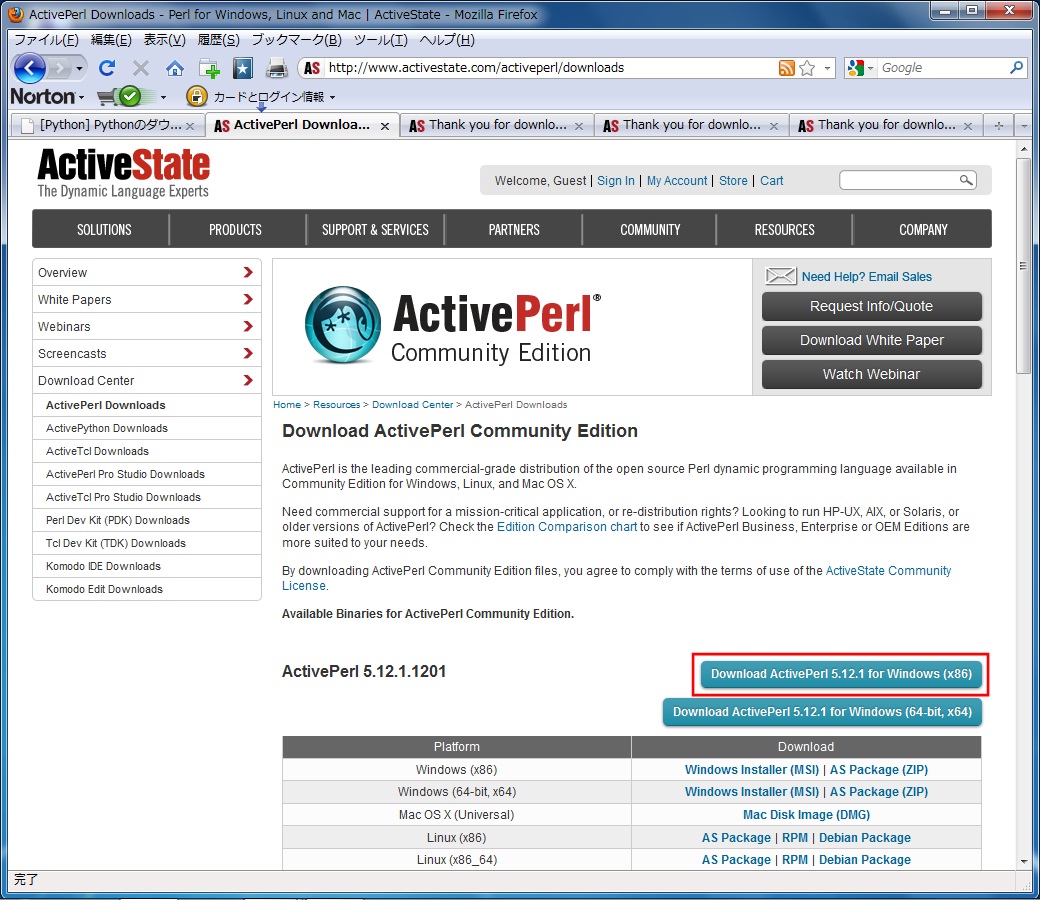
You can also use the -Format flag to specify an output format. To export a scan result, use the -o flag followed by the file name.
#Activeperl ssl professional
When you are a professional pen-tester, you don't want to repeat scans very often unless there are major changes to the web application. Nikto will start scanning the domains one after the other. To scan both of them with Nikto, > nikto -h domains.txt Let's assume we have a file named domains.txt with two domain names:.

Nikto will know that the scan has to be performed on each domain / IP address. To scan multiple IP addresses or domains, just put them in a text file separated by newlines. Scanning Multiple Ip Addresses from a Text File > nikto -h 45.33.32.156 Nikto IP Address Scan To do that, use the same -h flag we used for domain scanning. Sometimes you just want to scan an IP address where a web server is hosted. Nikto Domain Scanįor domains with HTTPS enabled, you have to specify the -ssl flag to scan port 443. Nikto will perform a basic scan on port 80 for the given domain and give you a complete report based on the scans performed. To perform a simple domain scan, use the -h (host) flag. Since Nikto is a command-line tool, you can use the help command to get a list of options. You should have written permission before you even try to scan a system or a network. Before we get into scanning, I would like to emphasize that I am not responsible for any damage you do trying to attack systems.
#Activeperl ssl how to
Now that we know what Nikto is and how to install it, let's go ahead and run some scans. For mac, you can use homebrew.Ĭomplete installation instructions for all platforms can be found here. If you don’t have Nikto on Kali (for some reason), you can get Nikto from GitHub or just use the “apt install nikto” command.įor installing Nikto on windows, you must first install the Perl interpreter. If you’re using Kali Linux, Nikto comes preinstalled and will be present in the “Vulnerability Analysis” category. Since Nikto is a Perl-based program, it can run on most operating systems with the necessary Perl interpreter installed

#Activeperl ssl software


 0 kommentar(er)
0 kommentar(er)
